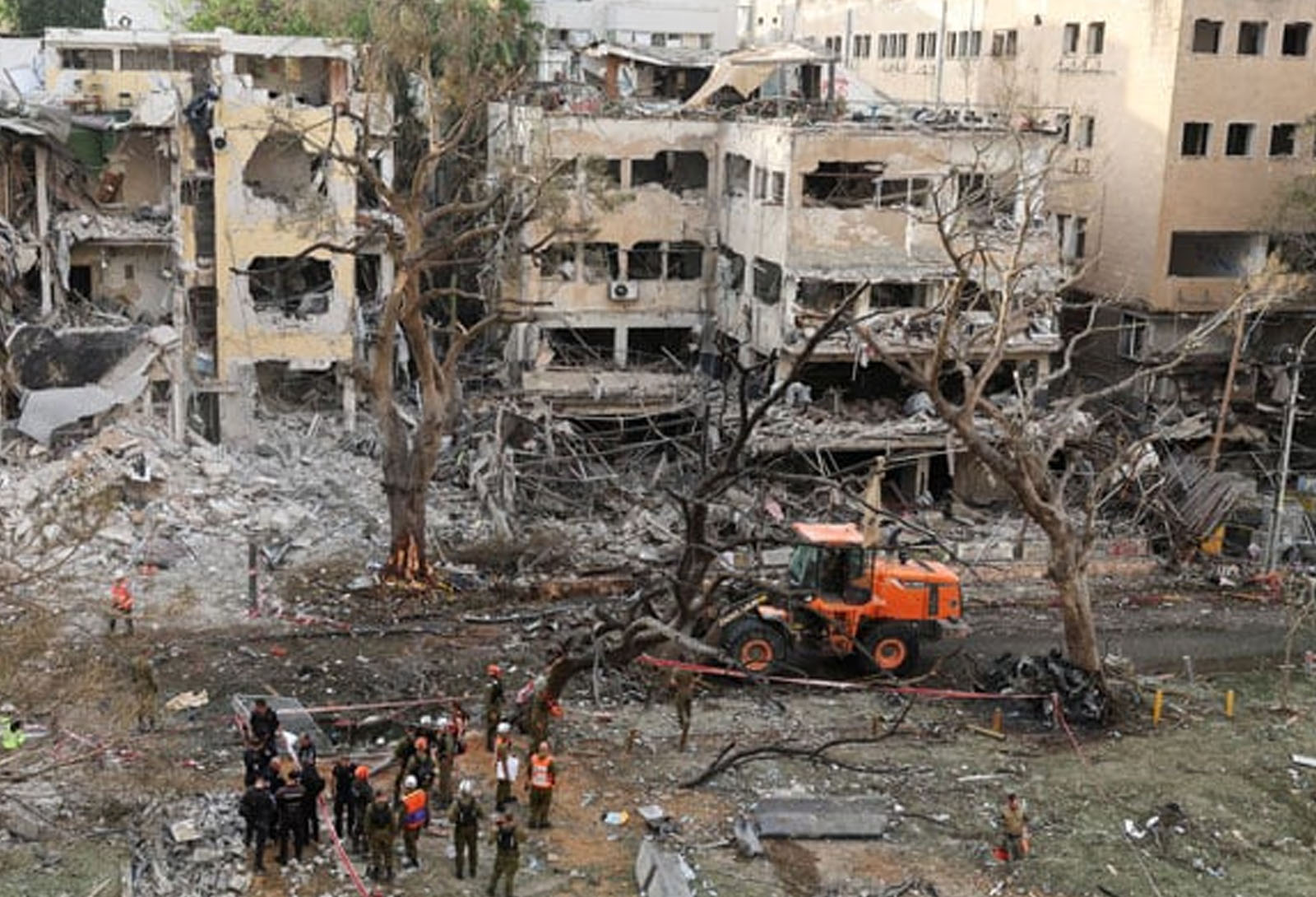The World Economic Forum (WEF) has issued a stark warning about the “most complex geopolitical and geo-economic backdrop” in decades, with escalating conflicts and trade tensions risking long-term damage to the global economy. WEF President Borge Brende told AFP that the current instability—from U.S.-China tariff wars to the Iran-Israel conflict—could lead to “a decade of lower growth” if not addressed urgently. The remarks came ahead of the WEF’s “Summer Davos” meeting in Tianjin, China, where leaders will discuss pressing economic challenges.
The Tianjin summit, attended by figures like Singaporean PM Lawrence Wong, follows months of economic strain fueled by U.S. President Donald Trump’s aggressive tariff policies. Brende noted that the full impact of these measures remains uncertain, as negotiations are still ongoing. “The traditional globalization we saw is now changing into a different system,” he said, emphasizing that trade—once the “engine of growth”—is now a battleground of geopolitical rivalry.
Brende highlighted how rising geopolitical conflicts could further destabilize the global economy, with potential “very negative impacts” on growth. The U.S.-China trade war, combined with Middle East tensions, has created a volatile environment for businesses and investors. The WEF meeting aims to explore solutions, but Brende stressed that coordinated international action is needed to prevent prolonged economic stagnation.
As the world navigates this new chapter of fragmented globalization, the WEF’s warnings underscore the urgent need for diplomatic and economic cooperation. With growth prospects dimming, the Tianjin discussions could prove pivotal in shaping strategies to revive trade, reduce tensions, and stabilize markets. The stakes have never been higher—will global leaders rise to the challenge?














